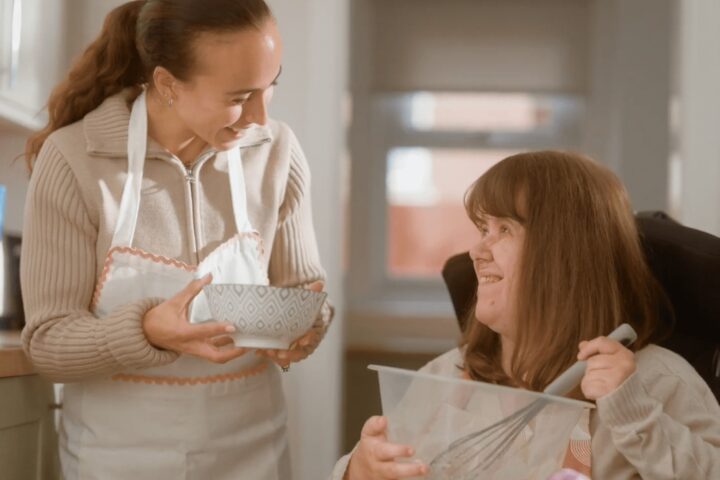Just over half (57%) of female retirees are satisfied with their retirement income, compared to nearly seven in 10 (68%) men, according to data from Quilter.
The research showed this gap stayed even for married couples, with 72% of married men reporting satisfaction, compared to 63% of married women.
Women relied more on the state pension, which makes up 32% of their income on average, compared to 27% for men.
For widows, state pension reliance rose to 44%, 10% higher than for widowers.
Women were also more likely to worry about financial insecurity and rising living costs, with 46% saying the high cost of essentials makes them fearful for their ability to maintain current living standards, compared to 37% of men.
Financial advice was the strongest predictor of income satisfaction in retirement.
Among those currently receiving advice, 84% are satisfied with their income, compared to just 41% of those who have never been advised.
Kirsty Anderson, retirement specialist at Quilter, said: “We are all familiar with the gender pay gap suffered by working women, but it is crucial to recognise that this inequality doesn’t end at retirement – it deepens.
“Our data underline that the financial disadvantages women face during their working lives translates into poorer retirement outcomes and lower satisfaction.
“Women typically live longer and are therefore expected to make their retirement income stretch further.”
Anderson added: “The compounding effect of lower pay, career breaks and reduced pension contributions leave many women more reliant on state support in later life.
“This also highlights the importance of couples discussing their financial affairs and ensuring both partners have access to accounts and plans. While these conversations can be difficult, they are essential – especially if one partner has lower income than the other.
“Seeking professional financial advice, or support from services such as MoneyHelper, can help couples put the right protection in place, ensuring peace of mind and financial security for the surviving partner.”
She said: “Having a valid, up to date will is also vital, particularly for couples who are not married or in a civil partnership, as assets won’t automatically transfer.
“Similarly, setting up a lasting power of attorney (LPA) ensures that your wishes will still be carried out should you lose the capacity to do so yourself.
“Professional financial advice can be a powerful leveller. Our research shows that people enjoy better financial outcomes if they receive financial advice.”
She added: “While it is not realistic to expect everyone retiring, or in retirement, to receive financial advice due to financial or other barriers, we maintain that receiving some sort of guidance is extremely important and should be available to everyone.
“The FCA’s proposal for a targeted support regime should help people to make informed decisions about their finances, resulting in better outcomes for more individuals.”
















